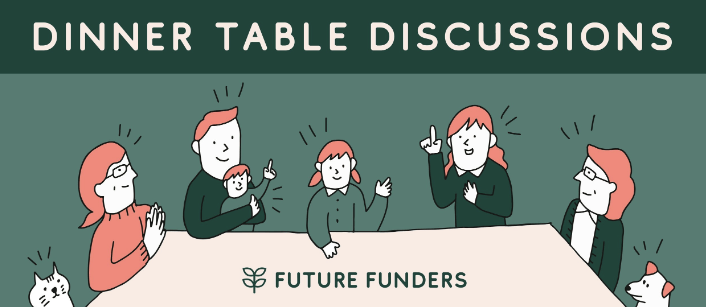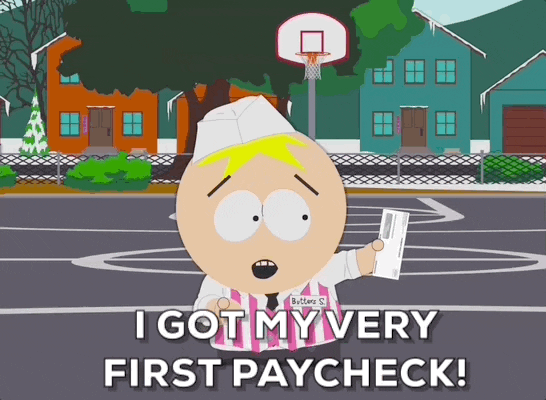Big Tech Has Spent Billions Acquiring AI Smart Home Startups
The pattern is clear: when innovative companies successfully integrate AI into everyday products, tech giants pay billions to acquire them.
Google paid $3.2B for Nest.
Amazon spent $1.2B on Ring.
Generac spent $770M on EcoBee.
Now, a new AI-powered smart home company is following their exact path to acquisition—but is still available to everyday investors at just $1.90 per share.
With proprietary technology that connects window coverings to all major AI ecosystems, this startup has achieved what big tech wants most: seamless AI integration into daily home life.
Over 10 patents, 200% year-over-year growth, and a forecast to 5x revenue this year — this company is moving fast to seize the smart home opportunity.
The acquisition pattern is predictable. The opportunity to get in before it happens is not.
Past performance is not indicative of future results. Email may contain forward-looking statements. See US Offering for details. Informational purposes only.

Welcome Back, Future Funder!
You work hard for the money (cue the Donna Summer song), but when payday arrives, your take-home pay is way lower than expected. Why?
Before your paycheck even reaches your bank account, a big chunk is taken out for taxes, insurance, and retirement contributions—leaving you with much less than your gross pay. But don’t worry—we’re here to break it all down so you know exactly where your money is going (and how to keep more of it).
Today, we’re covering:
✅ Gross pay vs. net pay—and why they’re wildly different
✅ What’s getting deducted—and the reasons behind each cut
✅ Smart ways to optimize benefits and boost your take-home pay
Let’s take the mystery out of your paycheck.
Bon a petit! 🧑🍳
🍽️ Main Course: Where Does Your Paycheck Really Go?

Your paycheck isn’t just about what you earn—it’s about what gets taken out before you even see it. Let’s break it down:
💰 Gross Pay vs. Net Pay: The Great Disappearing Act
💵 Gross Pay = The total amount your employer agreed to pay you before any deductions.
💸 Net Pay (Take-Home Pay) = The actual amount that lands in your bank account after taxes, insurance, and other deductions.
💡 Example: The Salary Shrinkage: If your salary is $60,000/year, that’s your gross pay. But after various deductions, your net pay might only be $45,000.
A big difference—so where does that missing money go? Let’s break it down. 🔍💰
⚠️ The Big Deductions: Where Your Money Goes
Your paycheck takes a hit before you even see it. Here’s where that missing money goes:
📝 1. Taxes (The Government’s Cut)
Federal Income Tax – Based on your tax bracket. The more you make, the more they take.
State & Local Taxes – Some states (lucky you, Florida & Texas folks!) have 0% state tax, while others (looking at you, California!) take a bigger bite.
Social Security (6.2%) & Medicare (1.45%) – These fund retirement benefits and healthcare for seniors.
💡 Example: If you earn $50,000/year, expect around $7,500–$10,000 to go toward taxes, depending on your state and deductions.
🩺 2. Health Insurance & Other Benefits
Medical, dental, and vision insurance premiums – Deducted straight from your paycheck, often pre-tax (which helps lower your taxable income).
Health Savings Accounts (HSA) & Flexible Spending Accounts (FSA) – These let you save pre-tax dollars for medical expenses.
💡 Example: Many employers cover 70–80% of health insurance costs, leaving employees to pay $100–$400/month.
🏦 3. Retirement Contributions (Your Future Self Will Thank You! 💰)
401(k) or 403(b) Contributions – You can contribute pre-tax dollars to a retirement plan, reducing your taxable income.
Employer Match = FREE MONEY! 🎉 – Many employers match up to 5% of your salary. If you don’t take full advantage, you’re leaving money on the table!
💡 Example: If you make $60,000 and contribute 5% to your 401(k), that’s $3,000/year saved. But if your employer matches it? Boom—$6,000 toward retirement!
💡 Boost Your Take-Home Pay (Without Earning More)
Want to keep more of your paycheck? Try these quick wins:
✅ Check Your Tax Withholding
If you always get a big tax refund, you’re likely overpaying throughout the year. Adjust your W-4 form to take home more money each paycheck.
✅ Max Out Employer Benefits
Take full advantage of 401(k) matching—it’s free money!
Use tax-free benefits like HSAs, FSAs, and commuter perks to lower your taxable income.
✅ Review Your Pay Stub Regularly
Mistakes happen! If you spot unexpected deductions or errors, ask HR to correct them.
By making small adjustments, you can keep more of what you earn—without working extra hours! 💰🚀
🌟 Get More from Your Paycheck
✅ Gross Pay ≠ Take-Home Pay
Taxes, insurance, and retirement contributions all take a cut before your money hits your bank account.
✅ Employer Benefits Can Save You Money
Max out 401(k) matches, HSAs, and pre-tax perks to get more value from your paycheck.
✅ Small Adjustments = Big Payoff
A simple W-4 tweak or choosing a better insurance plan could put thousands back in your pocket.
Your paycheck shouldn’t be a mystery—understanding where your money goes is the first step to keeping more of it!
Cheers to getting 1% better each week! 🥂
Protect your pet starting at $10 a month
Some pet surgeries can cost as much as a trip to Europe!
Pet insurance can help you offset these costs for as low as $10/month.
View Money’s Best Pet Insurance list and find protection today.
🧙♀️ Your wish is our command
What did you think of today's email?
Thanks for reading.
Until next time!
Your friends @ Future Funders 🍽️
p.s. If you liked this newsletter, share it with your friends and colleagues here.

